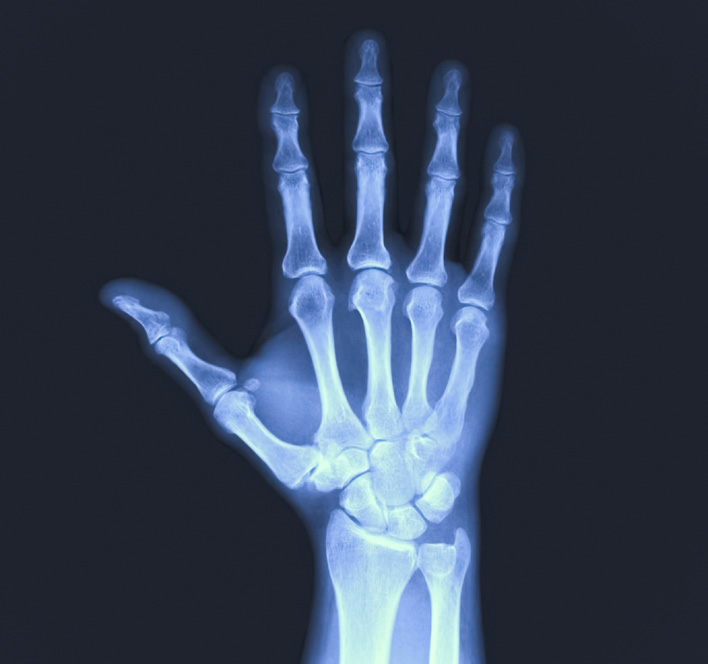Triangular fibrocartilage complex (TFCC) is a special structure in your wrist that is made up of cartilage and ligaments. The TFCC’s purpose is to connect the bones in your forearm to your wrist, providing support, stabilization, and cushioning for the wrist. However, the TFCC can become torn due to an injury to the wrist or degeneration of the ligaments. Treatment for a TFCC tear can range from letting it heal on its own to surgery.
If you are currently experiencing discomfort in your wrist, you should consider consulting with a trusted medical professional. Wrist pain can be caused by a multitude of various reasons, and a physician can help determine if you have a TFCC tear. At NJ Spine & Orthopedic, our skilled surgeons, physicians, and medical staff are ready to help you with your wrist pain, and our Concierge Team will assist you as you prepare for your appointment.
What Is the TFCC and How Does It Become Damaged?
The triangular fibrocartilage complex provides crucial support to one of the most used joints in your body: the wrist. The TFCC is specifically located on the pinky side of your wrist. The cartilage and ligaments that make up the TFCC connect your radius and ulna (the forearm bones) to each other. Simultaneously, the TFCC connects the two forearm bones to the bones within your wrist.
A TFCC tear could be caused by several different circumstances. The ligaments in the TFCC will wear down over time, and this natural degeneration leaves the TFCC prone to tears. Repeated motions, such as the ones used in baseball or tennis, also can cause degeneration of the TFCC ligaments. In addition to degeneration, injuries like falling onto your wrist or twisting your wrist will most likely cause a TFCC tear.
How Is a TFCC Tear Treated?
Common symptoms of TFCC tears include hearing clicking or popping sounds when you rotate your wrists or forearms, pain when rotating your wrist, pain on the pinky side of your wrist, weakness in your wrist, and trouble gripping items firmly. A minor TFCC tear does not require treatment and can heal on its own. Depending on the severity of the TFCC tear, your treatment options may include anti-inflammatory medication, splints to stabilize your wrist, injections of cortisol, or even surgery. In most cases, surgery is only recommended when other repeated treatments fail to provide relief.
If you wish to prevent a TFCC tear, there are certain steps you can take. Physical therapy can help you strengthen your wrist muscles, thus decreasing your risk of injury. You can also warm up and stretch your wrist properly before participating in activities like baseball or tennis. If you like strength training, you can focus on the muscles in your wrists and forearms. Stronger muscles will reduce your chance of injury if you fall.
The Experienced Doctors at NJ Spine & Orthopedic Can Help
While minor TFCC tears can heal on their own, more serious tears can be very painful. The wrist is one of the most frequently used joints in the body, and you deserve to have a full range of motion within your wrist. If you believe that you have a TFCC tear, do not hesitate to reach out for help. Our skilled physicians are ready to treat your TFCC tear and help you find relief.
The award-winning staff at NJ Spine & Orthopedic have the training and experience needed to treat TFCC tears. We want you to heal so that you can return to your regular activities without feeling any pain in your wrist. When you make an appointment with us, our Concierge Team can assist you with every step of the appointment planning process. Contact our talented team today by filling out our contact form or by calling (866) 553-0612.

